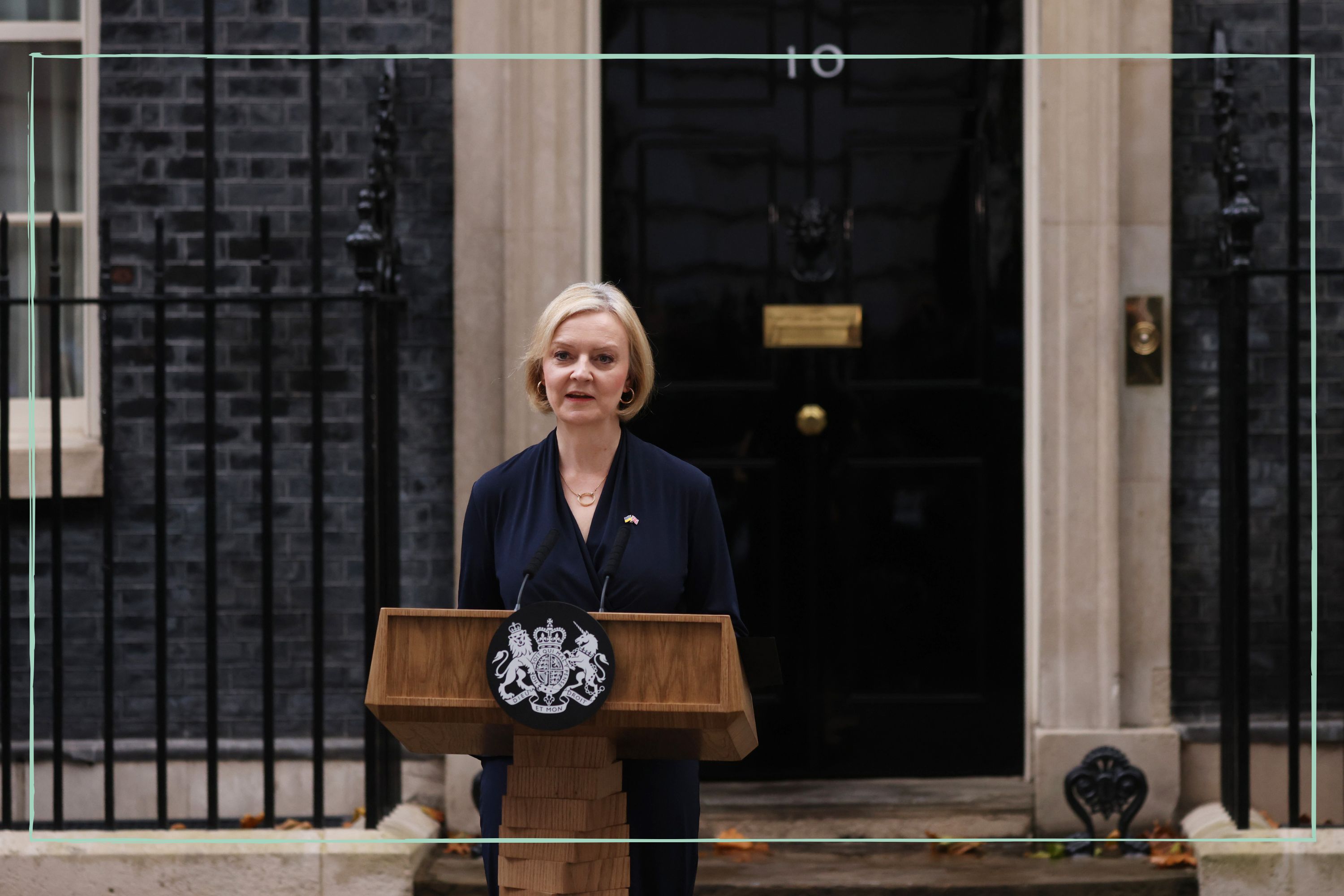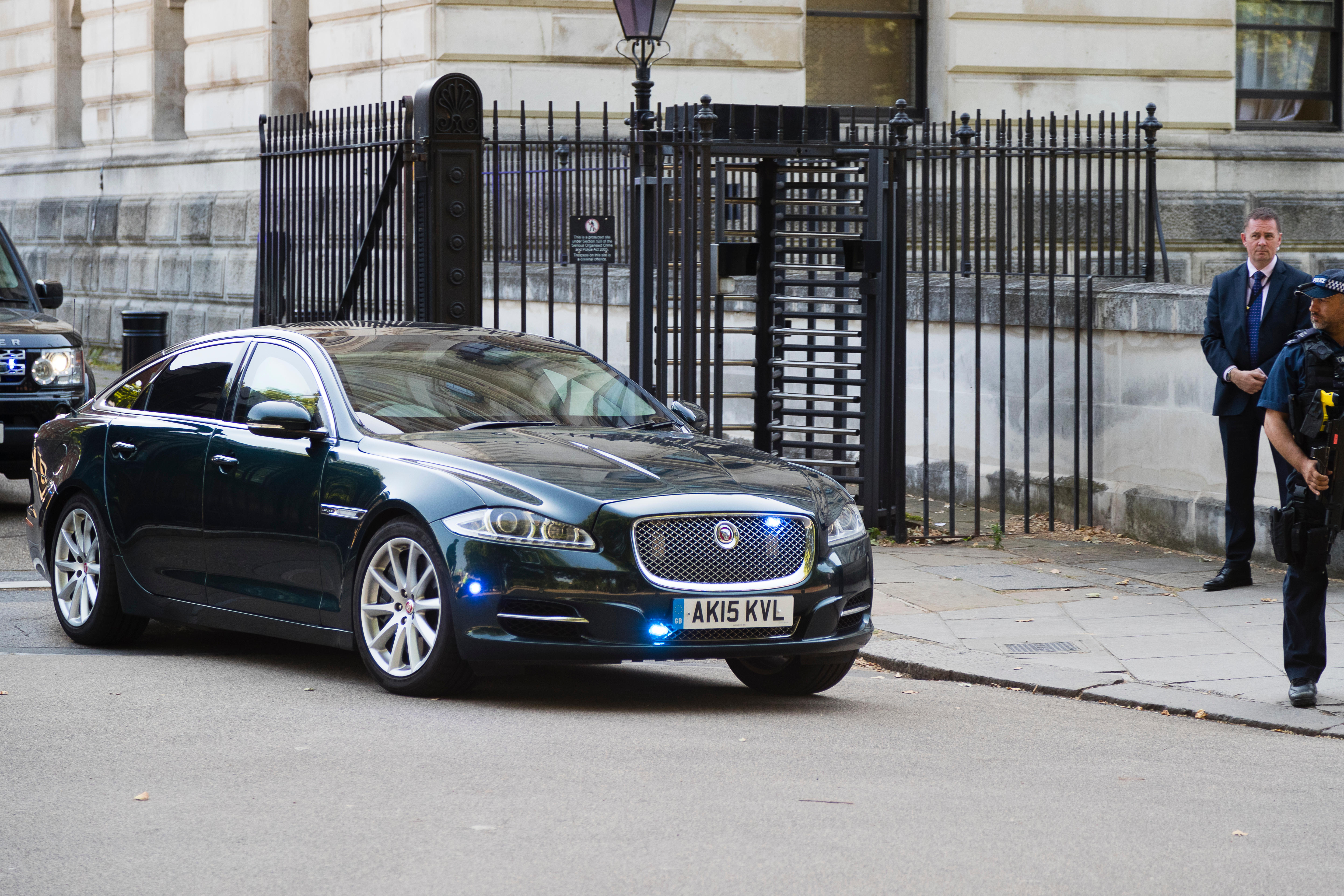How much do ex-Prime Ministers get paid and do they get paid for life?
Here's what we know about the former leaders' income


Britain has seen three Prime Ministers in the last four years - and there's about to be a fourth - leading people to ask how much do ex-Prime Ministers get paid?
Many of us are asking what happens when a Prime Minister resigns, following Liz Truss stepping down and Boris Johnson handing in his resignation just a few months beforehand. While many are preoccupied with what will happen next in the world of British politics, there have been questions about what happens to those who have given up the role - such as what will Liz Truss do next.
And just like people were wondering what is Rishi Sunak's net worth and how did Nadhim Zahawi make his money, there have been lots of questions about the finances of the previous leaders of the country. Here's what we know about the income of Britain's ex-Prime Ministers.
How much do ex-Prime Ministers get paid?
Ex-Prime Ministers can claim up to £115,000 a year after leaving office. This is an allowance rather than a salary, called the Public Duty Cost Allowance (PDCDA). The amount was set in 2011 and is fixed until 2023.
The Government website says that the PDCA was set up to "assist former Prime Ministers still active in public life" and that "the costs are a reimbursement of incurred expenses for necessary office costs and secretarial costs arising from their special position in public life. The allowance is not paid to support private or parliamentary duties."
In addition, former Prime Ministers are entitled to claim a pension allowance to contribute towards their staff pension costs, limited to a maximum of 10% of the allowance.
All former Prime Ministers are entitled to the allowance - even if they continue serving in Parliament - though if they accept any public appointment then the amount will be reviewed. This means that former Prime Ministers who continue to serve as MPs, such as Theresa May and Boris Johnson, are paid the allowance on top of their £84,144 salary.
Parenting advice, hot topics, best buys and family finance tips delivered straight to your inbox.
However, Truss has faced calls to turn down the allowance, due to her short time in office. Mark Serwotka, general secretary of the Public and Commercial Services Union - which represents civil servants - said: "At a time when one in five civil servants are using food banks and 35% have skipped meals because they have no food, it’s grotesque that Liz Truss can walk away with what is effectively a £115,000 bonus."
Labour leader Sir Keir Starmer is of the same opinion, telling ITV's Good Morning Britain, "She should turn it down. I think that’s the right thing to do. She’s done 44 days in office, she’s not really entitled to it."
Leader of the Liberal Democrats, Ed Davey, has also said she should turn down the allowance.
Does the Prime Minister get paid for life?
The PDCA is paid for the duration of a former Prime Minister's life. Upon a claimant's death, staff salaries will be paid for the next three months and any office expenses incurred will also be met.
The PDCA was introduced in 1991 - with Margaret Thatcher as its first recipient - and since then six Prime Ministers have made use of it. In 2018, the Sunday Times reported that ex-Labour PM Tony Blair had claimed more than £1m from the allowance since he left office in 2007.
More recently, the Mirror revealed that David Cameron claimed £113,423 in 2020-21, while Theresa May claimed £55,381 that same year.
What benefits do former Prime Ministers get?
Former Prime Ministers are entitled to a chauffeur-driven official Government car. Until very recently, Jaguar had been the official car of choice since the 1980s, before which other British brands such as Rover and Humber were used.

However, Jaguar has paused production of the XJ, and as no British alternatives were available the Met police reportedly ordered a batch of Audi A8s instead, making this the first time a non-British model has been used by the PM. These will now also be the vehicle of former PMs.
Do ex-Prime Ministers get security?
Former Prime Ministers continue to receive security, with Former Home Secretary Lord Douglas Hurd telling the BBC that your security "expects to know what you're going to be doing all of the time".
This entitlement to security is not without controversy. In 2010, a motion was tabled to review the cost of protecting former Prime Ministers, with the suggestion that "former politicians should pay towards the cost of their own police protection when they receive income from commercial activities when they are accompanied by bodyguards paid for by the UK taxpayer."
In 2015, the The Telegraph reported that Tony Blair was costing the taxpayer millions of pounds a year in police protection.
Video of the Week

Ellie is GoodtoKnow’s Family News Editor and covers all the latest trends in the parenting world - from relationship advice and baby names to wellbeing and self-care ideas for busy mums. Ellie is also an NCTJ-qualified journalist and has a distinction in MA Magazine Journalism from Nottingham Trent University and a first-class degree in Journalism from Cardiff University. Previously, Ellie has worked with BBC Good Food, The Big Issue, and the Nottingham Post, as well as freelancing as an arts and entertainment writer alongside her studies. When she’s not got her nose in a book, you’ll probably find Ellie jogging around her local park, indulging in an insta-worthy restaurant, or watching Netflix’s newest true crime documentary.